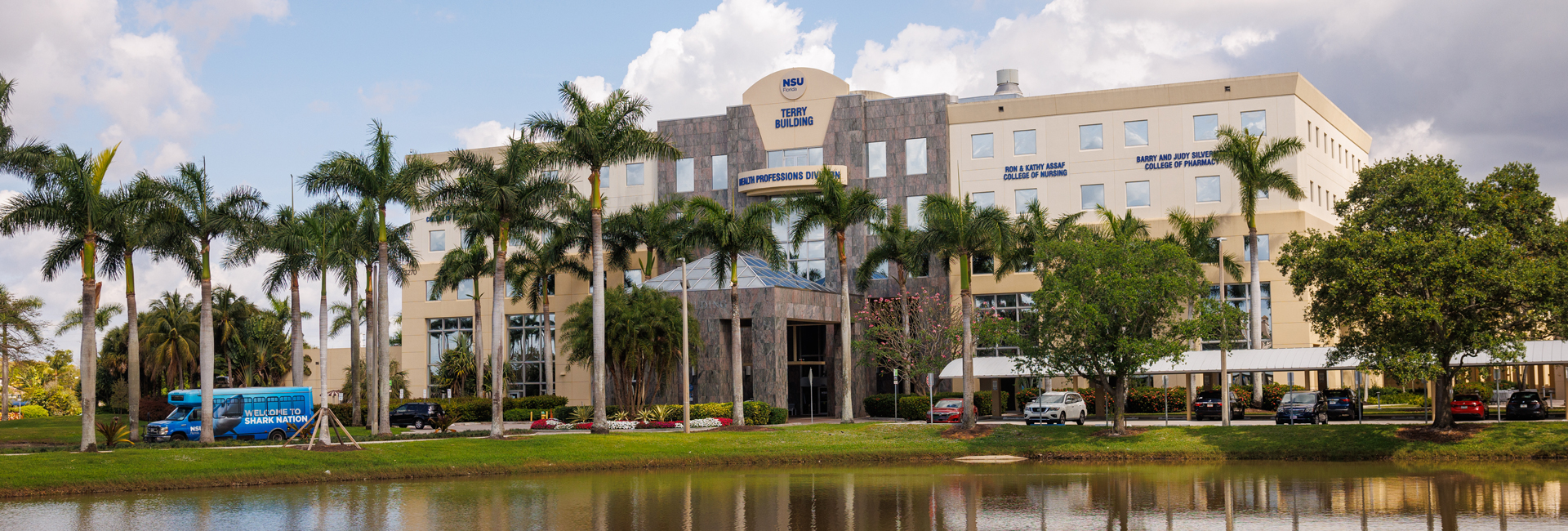Your safety and well-being are our top priority. The Suicide and Violence Prevention team is committed to creating a supportive campus community where everyone feels safe and valued. We believe that open communication and accessible resources are essential to preventing suicide and violence. By understanding the warning signs, taking them seriously, and reaching out for help, we can make a significant difference. Remember, you are not alone.
If you or someone you know is thinking of suicide or experiencing suicidal thoughts call or text 988.
Other important telephone numbers:
24/7 NSU Student Well-being Hotline: (954) 424-6911
Crisis Text Line: Text “home” to 741-741
Employee Assistance: 1-877-398-5816
What Causes Suicide?
Suicide is a complex issue with no single cause. While factors like depression, anxiety, substance abuse, and external stressors often contribute to suicidal thoughts, it's essential to understand that these conditions do not directly cause suicide. Predicting the likelihood of someone attempting suicide is challenging, as individual experiences and circumstances vary greatly.
Asking about suicide will not cause it. In fact, it can be a lifeline. People in crisis often feel isolated and alone. Your concern and willingness to talk about it can provide a crucial connection.
Learn the Warning Signs Read Our Newsletter
If you or someone you know is struggling, please reach out for help.
Student Counseling
The NSU Center for Student Counseling and Well-Being by Henderson Behavioral Health offers all full and part-time students 10 free individual counseling sessions per year. All sessions are confidential and available in person or via telehealth.
Office Hours
Monday - Thursday: 8:30 a.m. - 6:00 p.m.*
Friday: 8:30 a.m. - 5:00 p.m.
*Appointments available until 8:00 p.m.
Ready to make an appointment? Screening appointments for new students are available daily. Be sure to complete and submit the online registration form first.
Learn More About How it Works New Student Registration
NSU’s Commitment to Campus Safety
Recognizing the importance of a safe and supportive campus environment, NSU established the Office of Suicide and Violence Prevention in 2007. Our dedicated team, led by Scott Poland Ed.D., is comprised of faculty, staff, and students from the College of Psychology who work tirelessly to prevent suicide and violence within our community.
We offer educational programs to teach students, faculty, and staff how to recognize warning signs, understand risk factors, and help those in distress. Topics include suicide and violence prevention, stress management, and academic support.
By promoting a sense of belonging and providing accessible support services, we aim to create a campus community where everyone thrives.
Community Partners
Collaborating with local organizations is essential to our suicide prevention efforts. Discover our partners.
- American Association of Suicidology
- American Foundation for Suicide Prevention
- Florida Statewide Office of Suicide Prevention
- The Ganley Foundation
- Mental Health America of Southeast Florida
- Sol Taplin Charitable Foundation
- United Way of Broward County
Contact Us
For non-emergency inquiries, please contact our office using the contact form.
Disclaimer: This website was developed [in part] under a grant number SM-09-001 from the Substance Abuse and Mental Health Administration (SAMHSA), U.S. Department of Health and Human Services (HHS). The views, policies, and opinions expressed are those of the authors and do not necessarily reflect those of SAMHSA or HHS.

